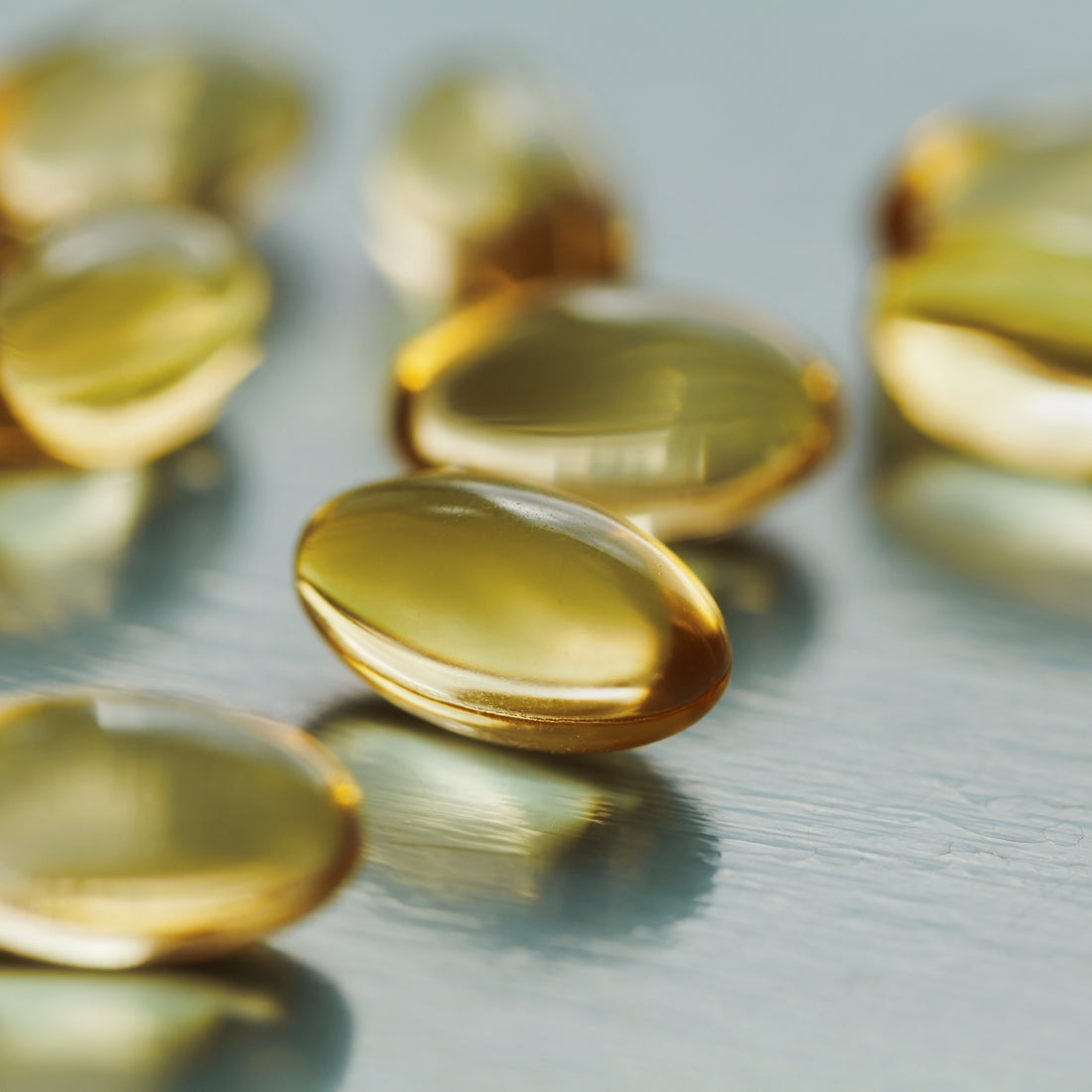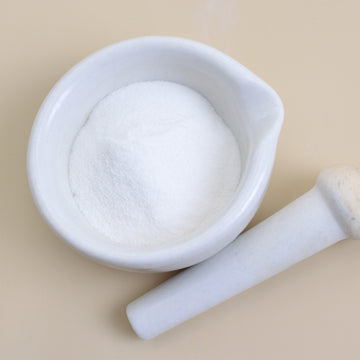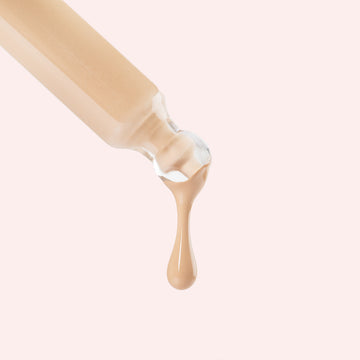
Vitamin E (Tocopherol)
Vitamin E (Tocopherol): Nature's Potent Antioxidant
Vitamin E, also known as tocopherol, is a powerful antioxidant widely used in skincare and cosmetic products. This naturally occurring compound offers numerous benefits for skin health and overall well-being. Let's delve into the world of Vitamin E and explore its properties, benefits, and applications.
What is Vitamin E (Tocopherol)?
Vitamin E is a fat-soluble vitamin that exists in eight different forms. The most common and biologically active form is alpha-tocopherol. In its pure state, Vitamin E appears as a pale yellow or brownish oil with a mild, characteristic odor. It's known for its potent antioxidant properties, which make it a valuable ingredient in skincare and personal care products.
How is Vitamin E (Tocopherol) Obtained?
Vitamin E can be sourced from both natural and synthetic origins:
- Natural sources: Extracted from vegetable oils such as soybean, sunflower, and corn oils.
- Synthetic production: Created through chemical processes to mimic the molecular structure of natural Vitamin E.
Both natural and synthetic forms of Vitamin E are used in cosmetic and skincare formulations, with natural forms often preferred for their higher bioavailability.
What Does Vitamin E (Tocopherol) Do?
Vitamin E offers a range of benefits in skincare and cosmetic applications:
- Antioxidant protection: Shields skin cells from free radical damage and oxidative stress.
- Moisturization: Helps maintain skin's moisture barrier, promoting hydration.
- Anti-aging effects: May help reduce the appearance of fine lines and wrinkles.
- Skin healing: Supports the skin's natural healing processes.
- UV protection: Enhances the efficacy of sunscreens when used in conjunction.
- Product stabilization: Acts as a natural preservative in cosmetic formulations.
Safety Profile of Vitamin E (Tocopherol)
Vitamin E is generally considered safe for topical use and consumption:
- Well-tolerated: Most individuals can use Vitamin E without adverse effects.
- Non-irritating: Typically gentle on the skin when used in appropriate concentrations.
- Safety assessment: The Cosmetic Ingredient Review (CIR) Expert Panel has concluded that Vitamin E is safe for use in cosmetics and personal care products.
However, as with any ingredient, some individuals may experience sensitivity or allergic reactions. It's always advisable to perform a patch test before using new products containing Vitamin E.
Applications of Vitamin E (Tocopherol)
Vitamin E is versatile and finds its way into numerous personal care and cosmetic products, including:
- Moisturizers and facial creams
- Anti-aging serums
- Sunscreens
- Lip balms
- Body lotions
- Hair care products
- Wound healing ointments
In conclusion, Vitamin E (Tocopherol) is a powerhouse ingredient in the world of skincare and cosmetics. Its antioxidant properties, moisturizing effects, and potential anti-aging benefits make it a popular choice for formulators and consumers alike. Whether sourced naturally or produced synthetically, Vitamin E continues to play a crucial role in protecting and nourishing the skin.


